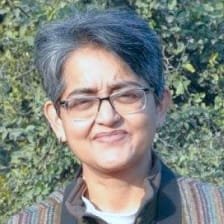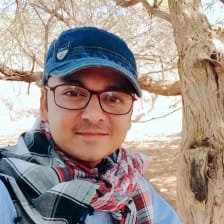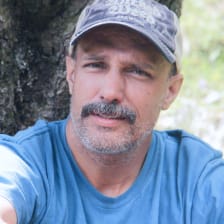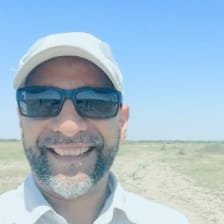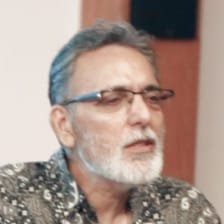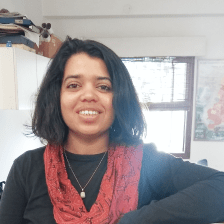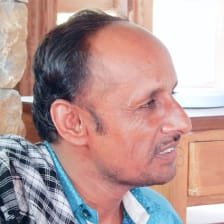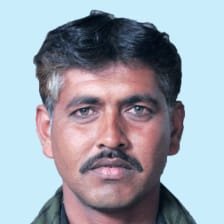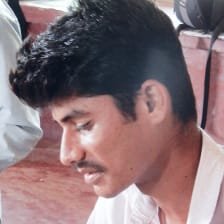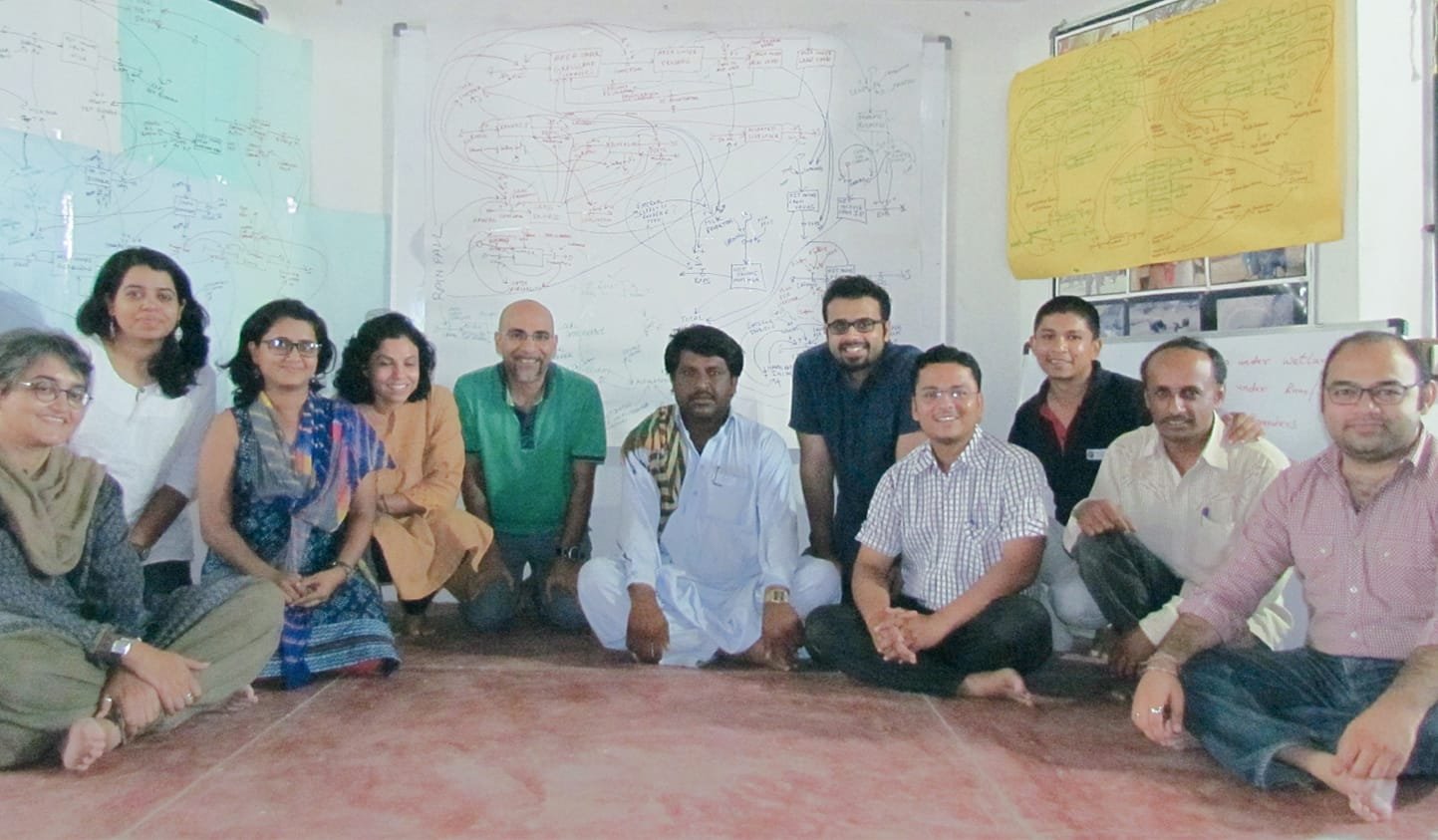RAMBLE adheres to universal concepts of justice and equity while remaining sensitive to the cultural norms and practices of the localities where the research is carried out. RAMBLE expects all researchers and visitors to RAMBLE to show respect to persons, animals, and the environment. When research involves human participants, it is expected that researchers will respect the autonomy of the individual, show concern for the welfare of participants and act to benefit or promote the well-being of participants. All researchers are expected to endeavour to ensure no aspect of their research will result in any form of harm – material, emotional or intellectual – to individuals that the researcher will interact with. All participants in any RAMBLE research will be treated fairly, equitably, and with dignity. Where necessary researchers will obtain informed consent and protect the anonymity and confidentiality of any respondents.
RAMBLE follows
ATREE’s review process. Researchers are expected to commit to maintaining high ethical standards in its research and outreach, and will adopt the comprehensive policies on human subjects and animal and plant research that are part of ATREE’s ethics policy. RAMBLE’s Scientific Committee which will be charged with ensuring that research projects by faculty and students adhere to common ethical guidelines. All research will be initiated only once clearance has been provided by the Research Committee. All researchers will be required to submit an Application for Research Project Review to the Research Committee. This application will broadly follow the ATREE form. The application requires information to be provided on ‘Informed Consent and Recourse’, ‘Privacy and Data Stewardship’, ‘Benefits and Risks to Participants’ and ‘Conflict of Interest’. The Research Committee will review individually and collectively the application and arrive at a decision.







